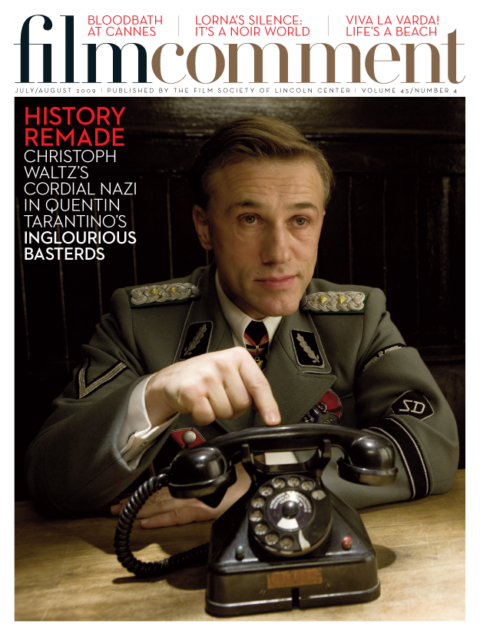
There’s a memorable sequence midway through Andrew Bujalski’s new feature, Beeswax, one that takes the measure of the writer-director’s talent. Jeannie (Tilly Hatcher), accompanied by her on-and-off boyfriend, Merrill (Alex Karpovsky), is driving to the middle of nowhere to meet Tom (Bob Byington), an old friend of Merrill’s who recently inherited a lot of money. Jeannie needs a new backer for her vintage store so that she can buy out her original partner, Amanda (Anne Dodge), who is about to sue her. When Jeannie and Merrill get lost on the way to the café where Tom is waiting, they begin to bicker and blame each other for the screw-up. Much has been written about Bujalski’s use of language in his earlier features Funny Ha Ha (02) and Mutual Appreciation (05) (I once described him as a poet of demurral, hesitation, and non-commitment), but it’s his ability to make us aware of subtext—the thoughts his characters refuse to verbalize or even entertain—that makes his movies so rich with life. Here, a 20-second exchange gives us a vision of the couple’s past life together, why they broke up, and also an idea of how they might make their relationship work (they need to develop tolerance for each other’s irritating qualities) the second time around. Jeannie and Merrill eventually meet up with Tom, who understands immediately that they have not come to see him out of friendship alone. They’re after his money and what they have to offer is neither sure nor sexy. Jeannie and Merrill are embarrassed; despite his cool façade, Tom is resentful and a bit contemptuous. Although what’s at stake is the future of a secondhand store choked with fuchsia, chartreuse, and orange fashion misstatements, the couple might as well be pitching an indie movie. I’m sure that Bujalski has squirmed through meetings just as humiliating as this one.
Like Bujalski’s previous films, Beeswax deals with the ambivalence and inexperience of young adults who find themselves in situations that might well determine the rest of their lives. The differences here are that the emphasis is on business rather than romance and the setting is the sprawling Southwest (specifically the Austin, Texas area) rather than the densely built cities of the Northeast (Boston and New York). Beeswax is also the most visually stylized of Bujalski’s movies. The uncredited art direction takes its cues from the nauseatingly colorful wares in Jeannie’s store; Matthias Grunsky’s 16mm lensing is eye-popping from beginning to end. The film’s subtext is all about taste and how it operates in life and art. This could be mere projection on my part—I find the film interesting precisely because it violates my own sense of taste and thereby makes me aware of what my taste is—but I rather think that Bujalski has built the issue into the film by placing the store at the center of the action. Jeannie, her employees, and her customers actually seem to like the hideous rags and household goods she sells. For Bujalski, who moved from Boston to Austin around the time he made Beeswax, the film may function as a meditation on his own shifting sensibility.
In any case, his ethnographer’s eye continues to operate at a high level, as does his ability to cast and direct nonprofessional actors. The central roles of Jeannie and her twin sister Lauren (Maggie Hatcher) are played by real-life twins. Lauren is the more impulsive of the pair—she’s looking for love and jobs in not particularly affirming places. The characters were to a certain extent written for the women who play them, most obviously in the case of Jeannie, who like Tilly Hatcher, gets around in a wheelchair because her legs have been paralyzed since childhood. The film is utterly straightforward about the paralysis without making it an issue. We see how Jeannie gets in and out of her car, how she solicits help when she needs it from a stranger, how she behaves in bed with her boyfriend. As in Funny Ha Ha and Mutual Appreciation, sex ends at the beginning of foreplay. I’m looking forward to whatever Bujalski gets into next.








